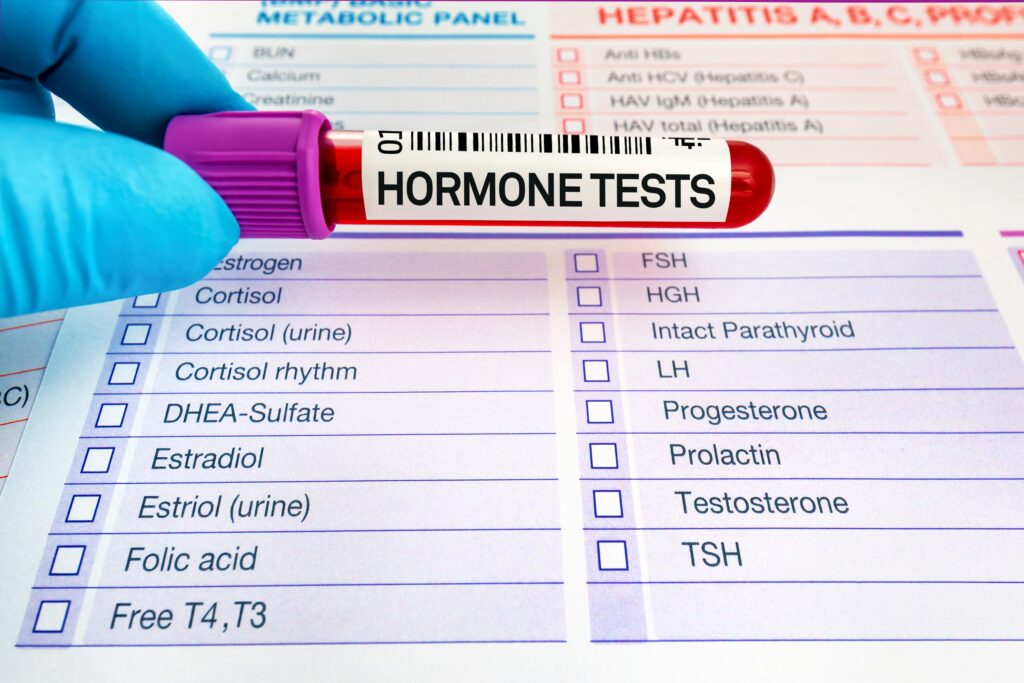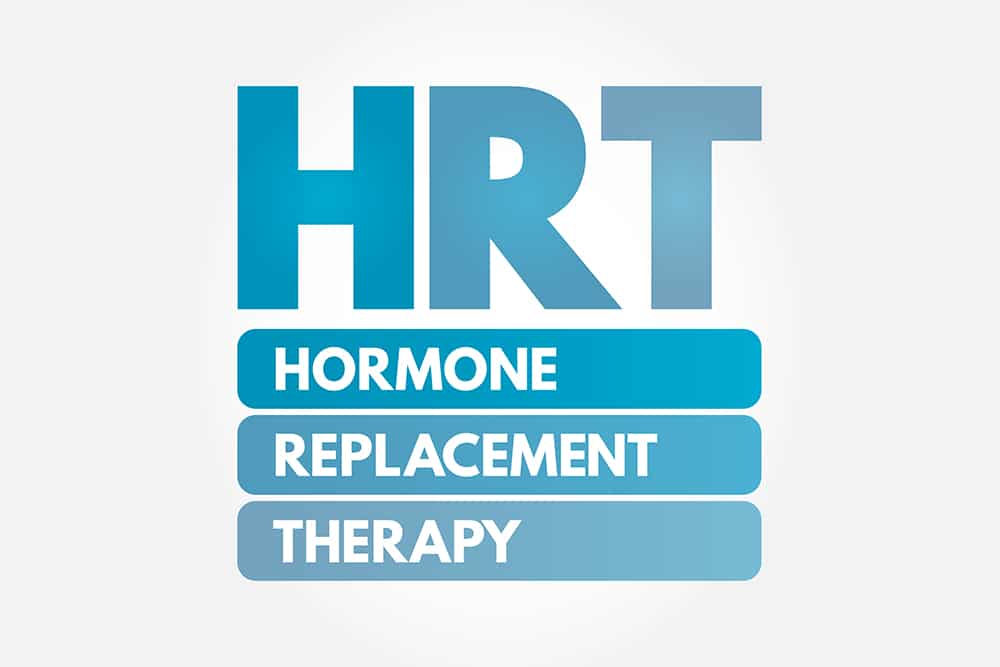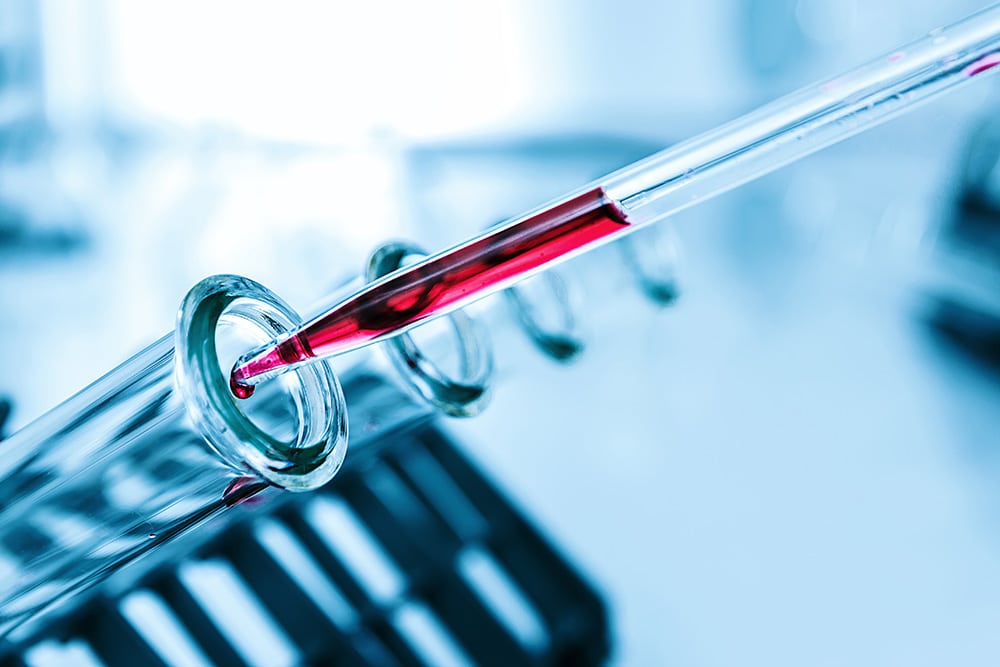If you’re considering Hormone Replacement Therapy (HRT), you’re not alone. HRT is one of the most popular treatments for a variety of issues but is most popularly used to treat the symptoms of menopause. At Bodyline Clinic, we now offer bespoke HRT programmes, not only to help ease the life altering side effects of the menopause, but to guide you along the process too.
However, before you start HRT, it is important you are clued up about the pros and cons of this type of treatment. In this blog post, we will discuss everything you need to know about HRT: the pros, the cons, and everything in between!

What is HRT?
Hormone Replacement Therapy, or HRT, is a treatment that involves taking hormones to replace the ones your body is no longer producing. This can be done through pills, patches, creams, gels, implants, or injections. HRT is most commonly used to treat menopausal symptoms like hot flashes and night sweats, but it can also be used to treat other conditions like low testosterone levels, osteoporosis, endometriosis and more.
Who can have HRT?
HRT is safe for most healthy women who are experiencing menopausal symptoms. However, there are some risks associated with HRT, so it’s important to talk to a clinician about whether or not this type of therapy is right for you. For instance, if you have history of cancer and blood clots it may not be suitable. Bodyline only prescribes our bespoke treatments based on a full medical history, blood profile and analysis, only once we can confirm you are not at risk will we move forward with a HRT treatment curated for you.
What are the benefits of HRT?
There are many benefits of HRT:
- relief from menopausal symptoms like hot flashes, mood swings, trouble sleeping
- improved mood and energy levels
- increased libido
- aids osteoporosis
- bone protection
What are the risks of HRT?
There are some risks associated with HRT. Taking hormonal replacement therapy can increase your risk of:
- blood clots
- strokes
- breast cancer
It is worth bearing in mind that the combined contraceptive pill also comes with similar risks. It us up to you and medical discretion as to whether you are happy to use HRT despite them.
Though HRT helps reduce symptoms of menopause, it can come with its own. Common side effects can include:
- breast tenderness
- indigestion
- headaches
- mood swings
How do I know if HRT is right for me?
If you’re considering HRT, the best thing to do is talk to Bodyline about whether it will be right for you based on your medical history. Bodyline will take a blood test and carry out a full blood profiling and analysis, finding you the tailored treatment for your health and your symptoms.
Can I get HRT on the NHS?
While HRT is available on the NHS for women who are experiencing menopausal symptoms, they are currently faced with a national shortage. Furthermore, the NHS has a standardised approach with all women and there are different levels of ongoing support, guidance, and advice provided throughout the menopause. Bodyline Clinic have taken our years of experience offering support with medical weight loss, and adapted for our new HRT treatment programmes.

What are the benefits of going private for HRT?
Bodyline Clinic offers individually prescribed bioidentical hormones; tailor made to suit each patient uniquely. Synthetic hormones, conventionally prescribed as HRT, are standard prescriptions and cannot be tailored to each individual user. Based on a blood screening, the bioidentical hormone replacement can be fine-tuned according to your personal symptoms and hormone levels. Alongside the treatment, Bodyline offers support and lifestyle advice from in-house clinical menopause experts, who have treated over 100,000 patients with wellness clinical services.
Get in touch to enquire about your bespoke hormone replacement blood profiling today, by calling us on 0800 995 6036 or filling out an online contact form.

















